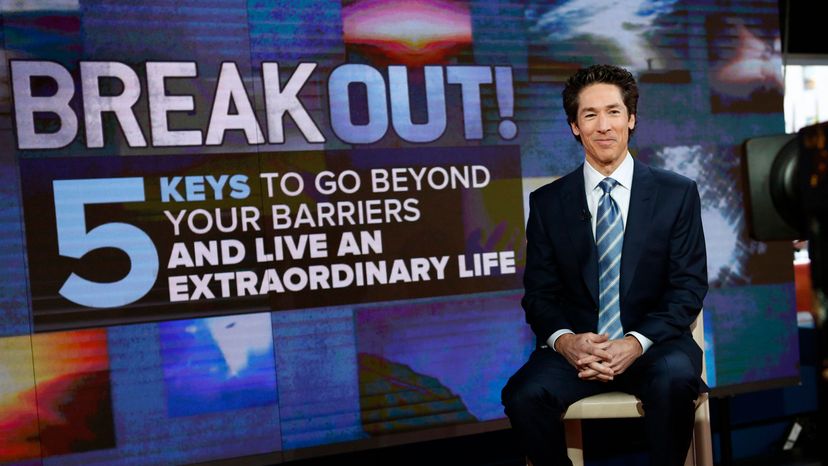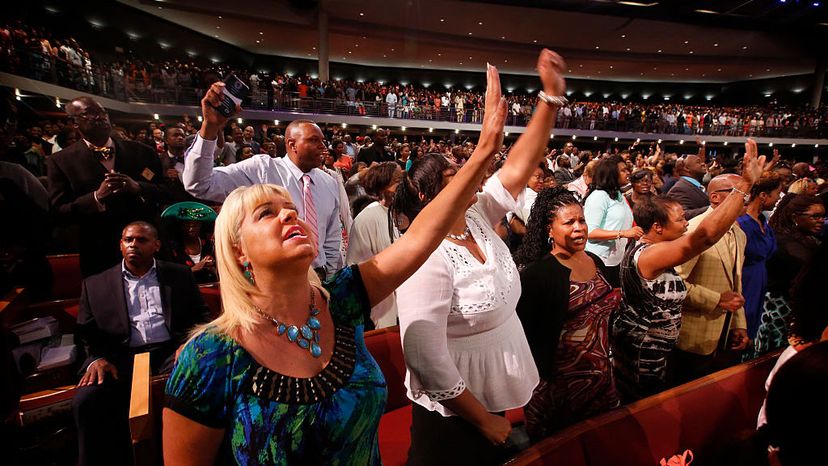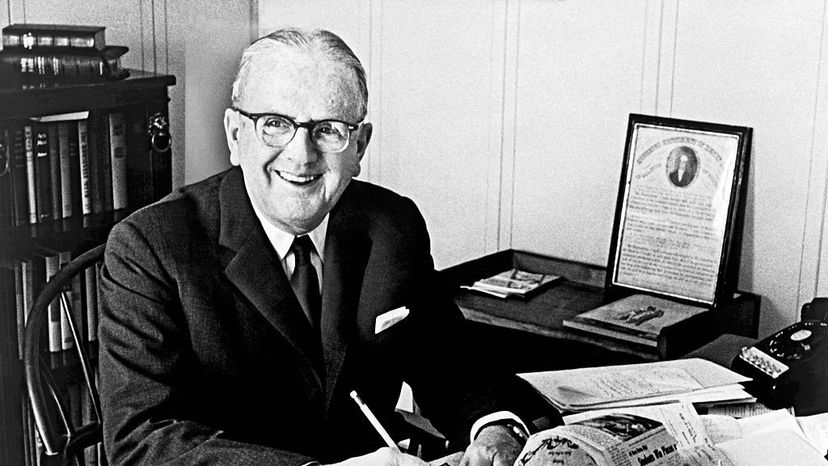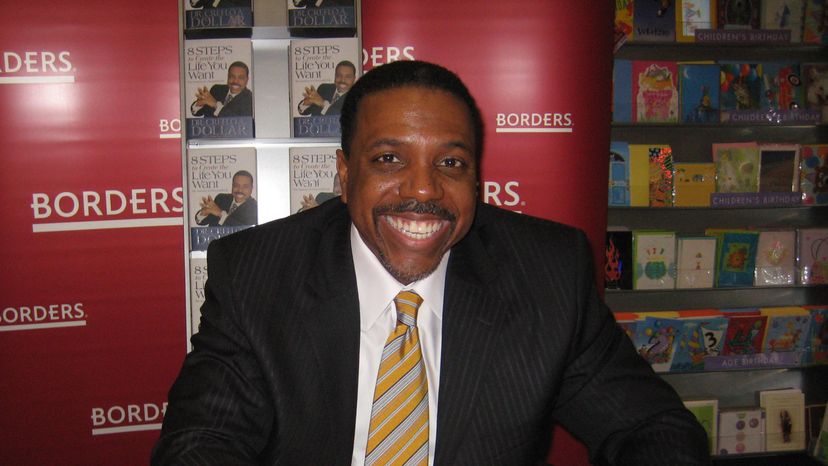
Key Takeaways
- The prosperity gospel promises health and wealth through faith, equating financial success with spiritual greatness.
- It is a fast-growing religious movement, with 40 percent of U.S. megachurches preaching prosperity, emphasizing faith, health, wealth and victory.
- Critics argue that the prosperity gospel glorifies money, distorts traditional Christian teachings and can lead to psychological harm and financial exploitation.
When Donald J. Trump was sworn in as the 45th president of the United States of America on Jan. 20, 2017, he asked six different members of the clergy to offer prayers. Among those invited were the first two "prosperity preachers" to ever pray at an inauguration.
Both Paula White, a televangelist and founder of the non-denominational megachurch New Destiny Christian Center in Apopka, Florida, and Bishop Wayne T. Jackson of Great Faith Ministries International in Detroit, preach what's known as the prosperity gospel, an increasingly popular flavor of Christianity that's built on the promise that God grants health and wealth to those who exercise the "right kind of faith" [source: Associated Press].
Advertisement
The message of the prosperity gospel is deeply attractive. God wants you to be happy. He wants you to be blessed. He wants you to live abundantly — spiritually, physically and financially. The way to receive the fullness of God's blessings is to actualize them through faith. Through spiritual power, you can accumulate material wealth.
It's not surprising that Trump, a wealthy businessman with a taste for showy luxury, would take spiritual solace in a gospel that equates financial success with spiritual greatness. The prosperity gospel is, in some ways, the "deification" of the American Dream [source: Bowler]. It presents a God who blesses hard work and upwardly mobile "positive thinking" with financial rewards.
In the New Testament, Jesus said to his disciples, "Ask and it shall be given you; seek and you shall find; knock and the door will be opened to you" (Matthew 7:7). According to the prosperity gospel, that promise goes for wisdom, peace, and maybe if you're faithful enough, a yacht.
As a religious movement, the prosperity gospel is one of the fastest-growing in the world. In the U.S. alone, 40 percent of the 1,650 megachurches in America preach a prosperity message, even if relatively few of them would openly call themselves prosperity churches [source: Bowler]. Prosperity preachers lead weekly church services in converted sports stadiums that hold 40,000 worshippers and command social media audiences in the millions.
Outside of the U.S., the prosperity gospel has exploded in countries like Nigeria and Singapore, where the capitalist-friendly form of Christianity has captured the hearts and minds of an entrepreneurial middle class. Interestingly, migrants from Africa and Asia are now taking the prosperity gospel back to majority Christian nations in Europe, where some of the biggest and fastest-growing churches are founded by foreigners [source: Lenora Brown].
Despite its popularity — or because of it — the prosperity gospel has its share of critics, mostly mainstream Christian denominations that claim the core messages of Christianity are being twisted to sanction selfishness and greed. And since many prosperity preachers require generous tithes and other donations as demonstrations of faith, they are also accused of duping their followers for illicit financial gain.
Before we jump into the criticisms and controversies surrounding the prosperity gospel, let's start by defining exactly what it is, which is harder than you might think.
Advertisement




